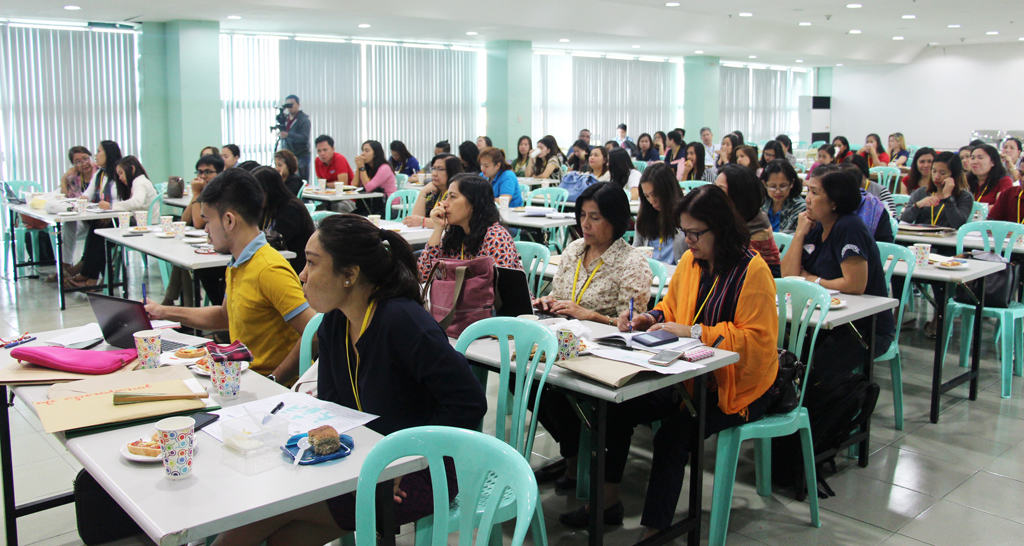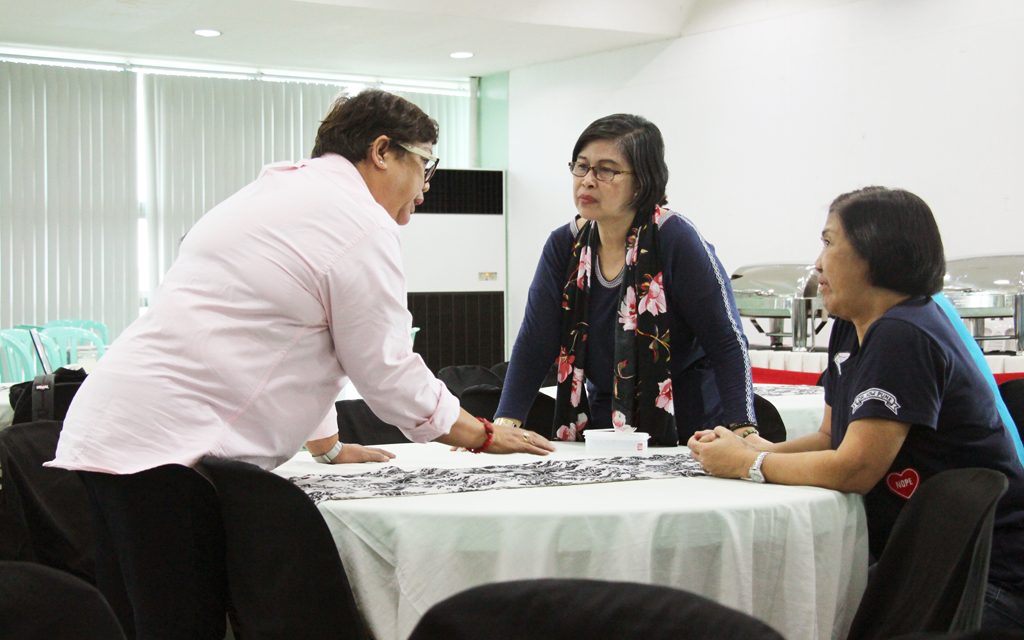
In its quest to ensure that the activities in the local level is in symmetry with that of the national, the Philippine Council for Agriculture and Fisheries (PCAF) hear out and responded on the issues and concerns confronting the operation of the Agricultural and Fishery Council (AFC) during its Operational Meeting on March 1 to 3.
The three-day event gathered Regional AFC (RAFC) coordinators, RAFC executive officers (REOs), and PCAF’s regional technical staff from 16 regions at the Fertilizer and Pesticide Authority Conference Hall, Bureau of Animal Industry Compound in Quezon City.
Different pressing concerns from requests for the conduct of trainings, budget support up to the confirmation of previous policy resolutions that the council submitted were discussed.
Led by PCAF’s Officer-in-Charge Executive Director Sarah Gutierrez-Cayona, key employees from the agency’s Partnership Development Division (PDD); Policy Development and Coordination Division (PDCD), Administrative, Finance and Management Division, and Planning, Monitoring and Knowledge Management Division were on board to respond to the questions raised by the participants.

“The Operational Meeting, which we do on a semestral basis, is PCAF’s way to listen and respond to our technical staff, RAFC coordinators as well as the REOs’ concerns. By attending to these, we can develop clear cut strategies that will lessen their loads,” said PDD Chief Elgie Namia.
During the meeting, 2017 priority policy agenda that would serve as the basis for crafting the AFC regional agenda were presented, as well as the Department of Agriculture’s (DA) Priority Thrusts. This will help the AFCs to align its priorities with the department.
These will also help PCAF’s volunteer-partners to develop sound and specific policy recommendations based on the needs of their communities.
Among the highlights of the event is the sharing of best practices that can be adopted by other regions in terms of monitoring and evaluation, developing policy recommendations and resolutions, and strategies on how to meet the adoption rate target of policy recommendations.
The participants also raised their interest on the development of PDD’s Database Management System (DBMS). The most important purpose of DBMS is to store and transform data into information to support decision making.
The database systems will include the trainings available, AFC membership profile, and the consultations and resolutions tracking system.
Aside from these, RAFC Coordinators also finalized the schedule of activities for the calendar year 2017. -JC











